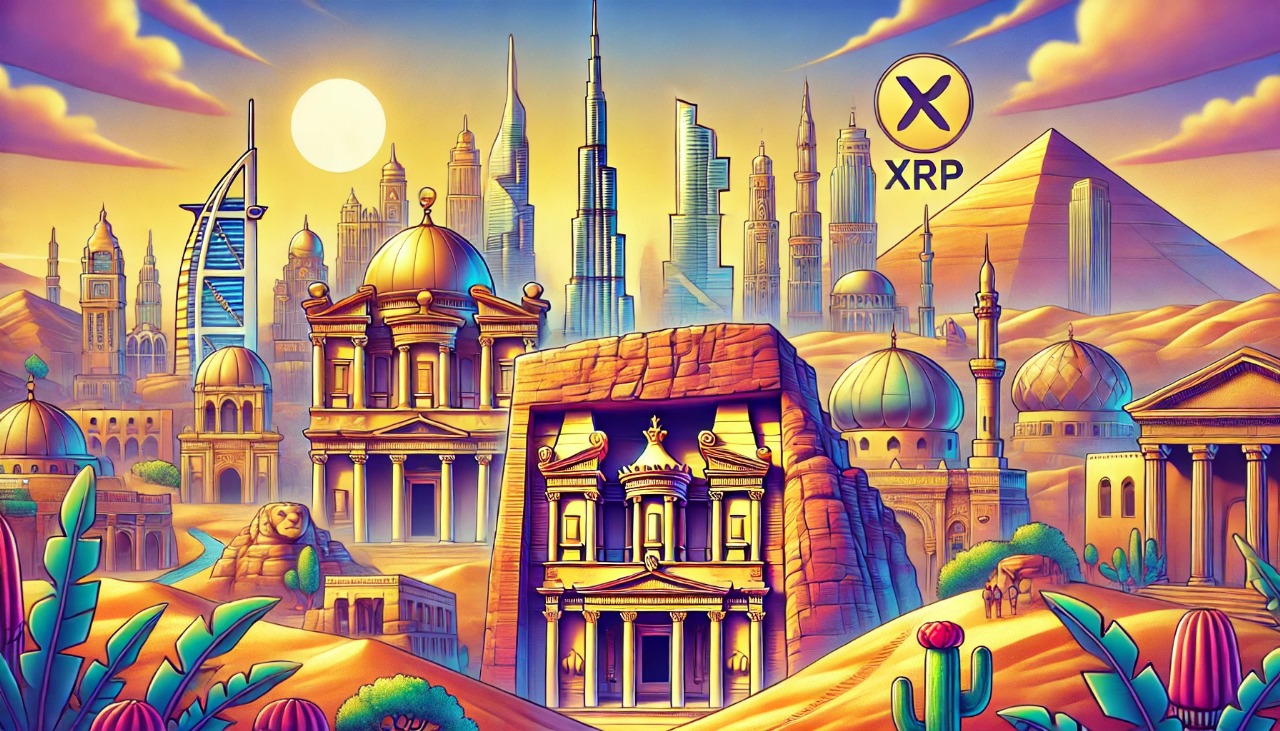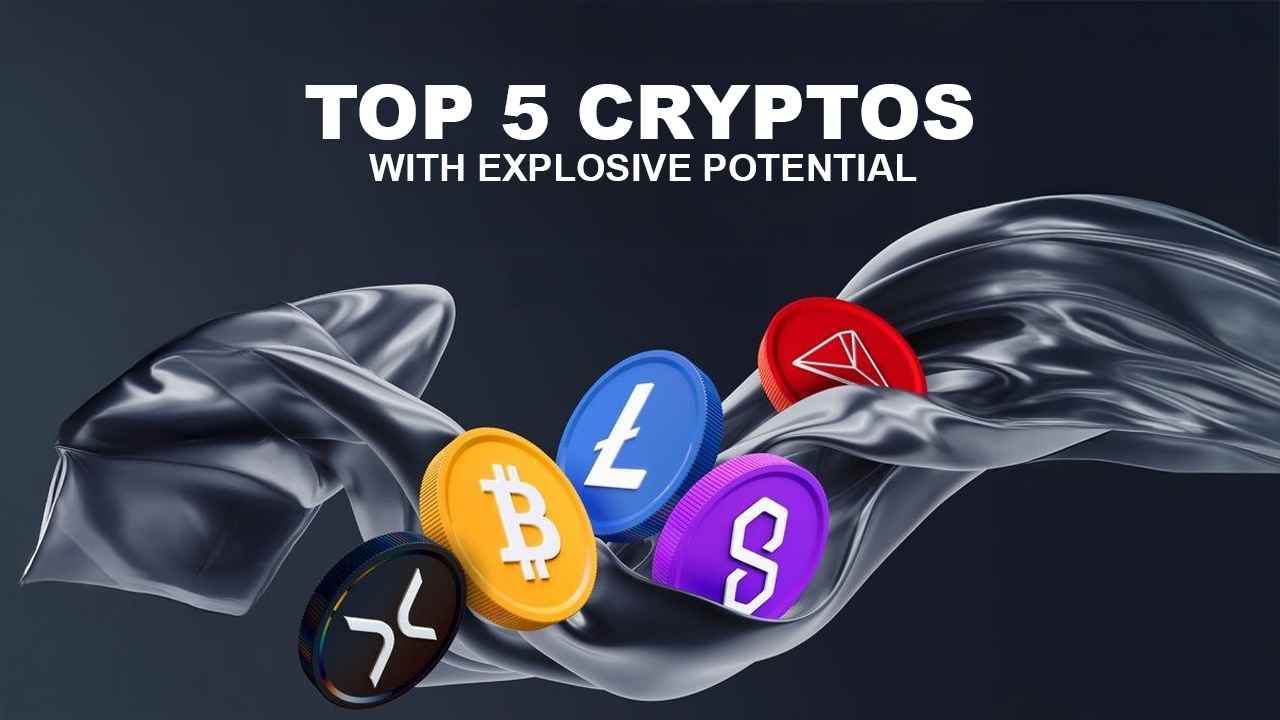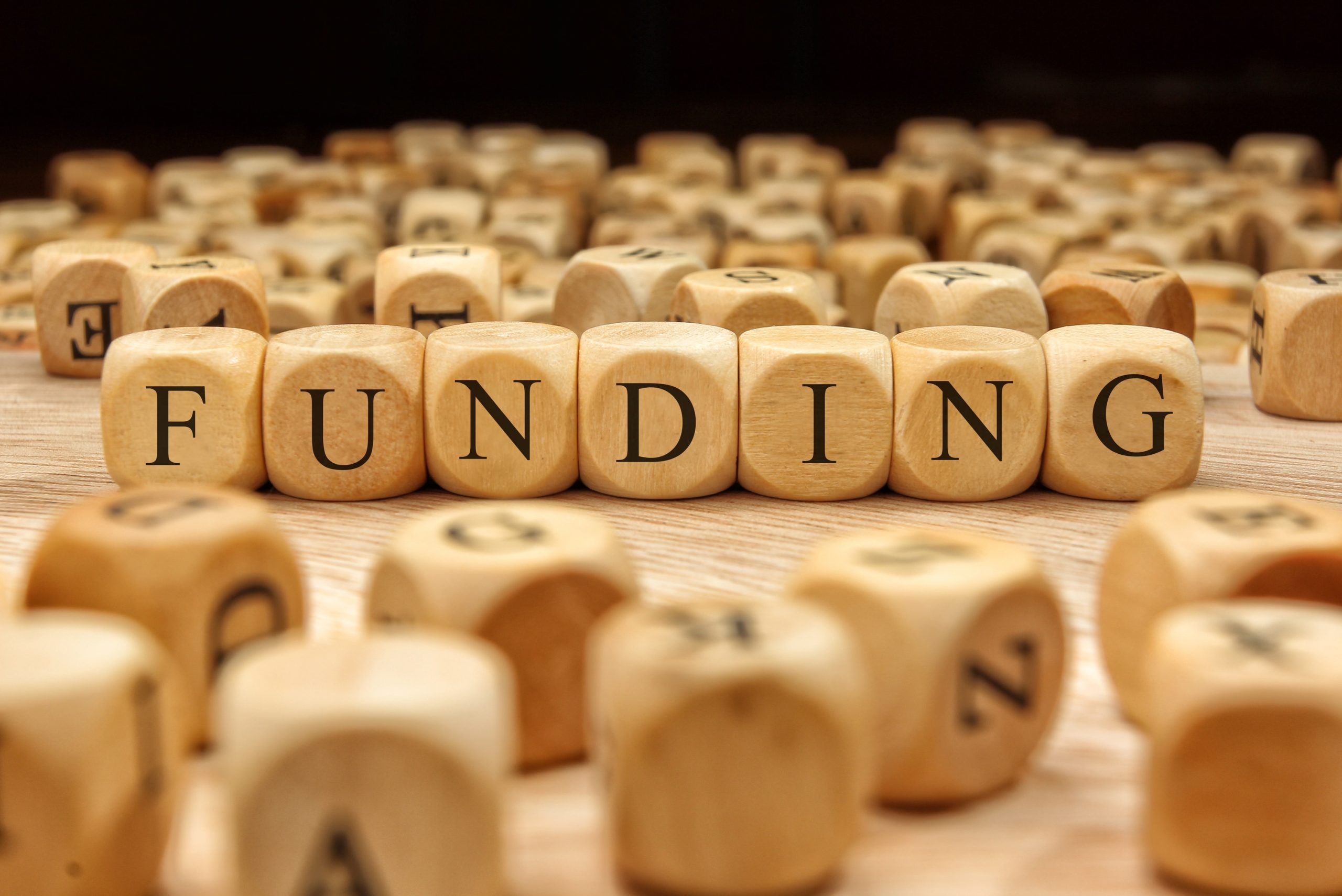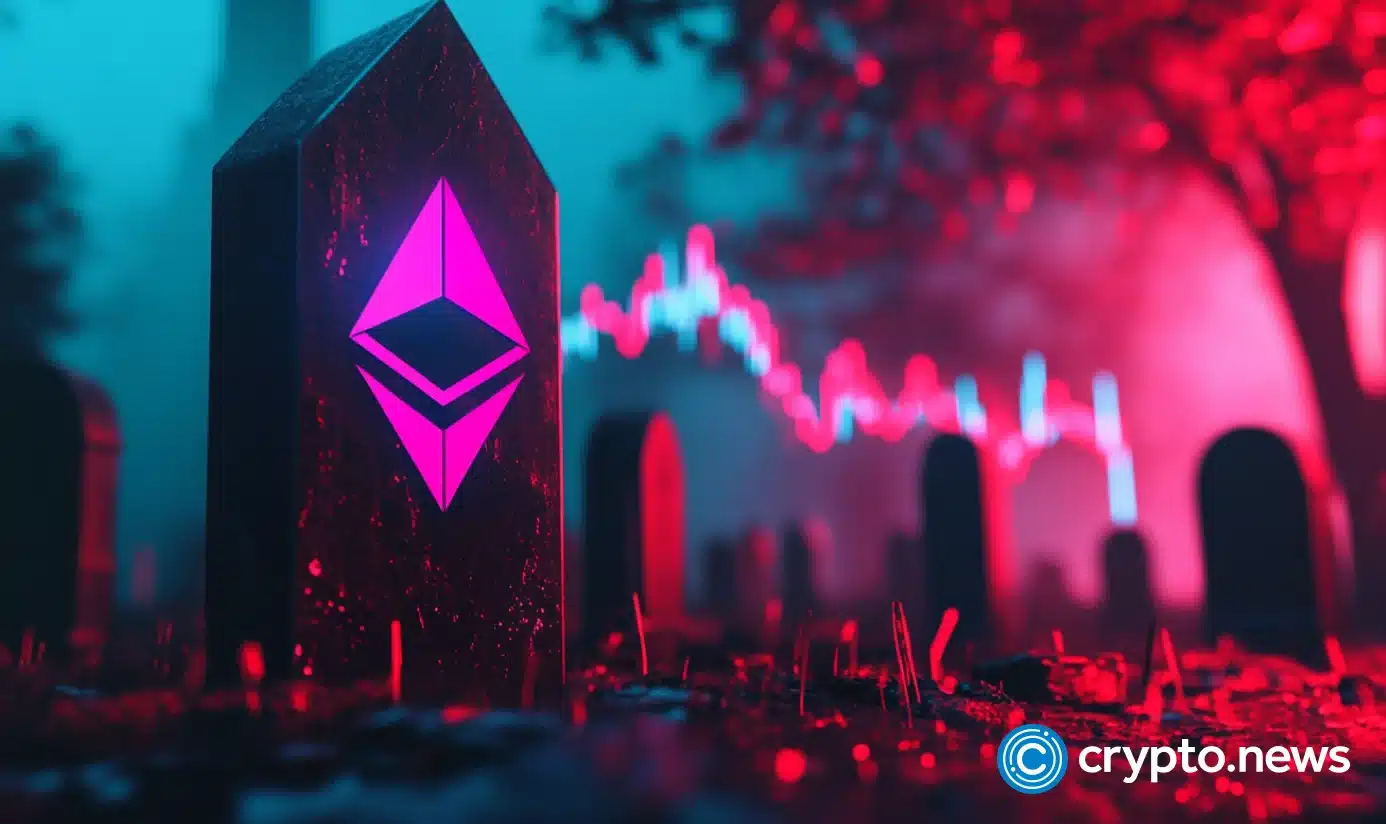According to Ripple’s latest survey, crypto is making waves in the Middle East and Africa, with blockchain payments leading the charge.
Blockchain Payments: The New Normal?
Ripple’s 2024 New Value survey spills the beans: over half of financial bigwigs in the Middle East and Africa (MEA) are diving into blockchain-based payments. Reece Merrick, Ripple’s top dog for MEA, shared on X,
“Nearly 2,000 leaders from global financial institutions and enterprises participated, including over 200 from the United Arab Emirates, Saudi Arabia, and Turkey.”


The survey highlights that 52% are all in for letting customers make payments with blockchain currencies. Hot on their heels, 47% are keen on accepting these digital coins. Merrick points out, “Accepting payment in the form of blockchain-based currencies (47%) ranked as the second most common focus for regional leaders.”
Digital Assets: The Next Big Thing
But wait, there’s more. A solid 42% are eyeing the buying, selling, and trading of digital assets like tokenized securities. Merrick notes, “Buying/selling/trading other types of digital assets (e.g., other token types like tokenized securities or real-world assets) (42%) emerged as a key priority for a notable share of respondents.”
Cross-Border Payments: Speeding Things Up
Cross-border payments are getting a facelift, too. About 38% of institutions are jazzed about using blockchain currencies to make international transactions quicker and cheaper. Merrick observes, “Making cross-border payments in blockchain-based currencies (38%) remains a priority for many institutions.”
UAE: Leading the Crypto Charge
The United Arab Emirates isn’t just sitting around. With friendly regulations and a tech-savvy approach, it’s becoming a global hotspot for digital assets.
Merrick says, “The UAE is certainly more advanced in terms of implementing crypto regulation than any of the other regional markets.”
The rise of dirham-backed stablecoins is making cross-border payments smoother than ever. Merrick adds, “The UAE’s leadership in this transformation cements its position as a global financial hub.”
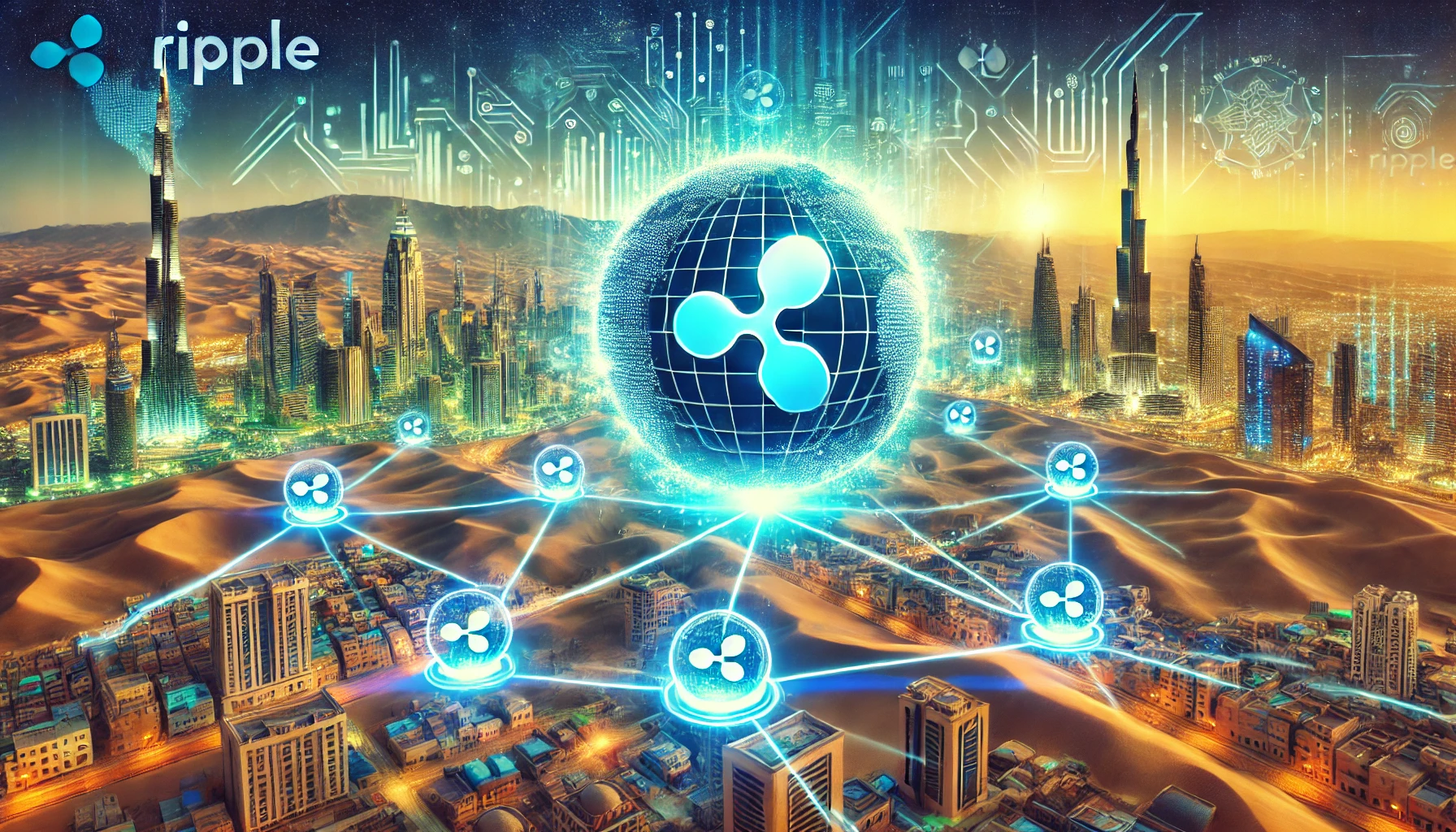

Looking Ahead: Blockchain’s Bright Future
By 2025, Ripple envisions blockchain technology serving as a staple in banking across Saudi Arabia, Bahrain, Qatar, and Morocco.
“Within just a few short years, by 2025, blockchain will be deeply entrenched into the financial systems of the Middle East North Africa region, radically transforming the nature of finance in Saudi Arabia, Bahrain, Qatar, and beyond,” predicts industry insider Merrick.
This progression would facilitate faster payments, more secure wealth management, and a more inclusive economic landscape for all.
Conclusion
The Middle East and Africa stand on the threshold of a financial reformation, with blockchain at its core driving force. As traditional powerhouses join the digital currency movement in growing numbers, the region is primed to emerge as a global leader in the innovative realm of digitized finance. From remittances to assets to broader participation, a new financially empowered era is coming into focus for the people of this historically pioneering part of the world.
FAQs
What’s Ripple’s 2024 New Value survey about?
It’s a report highlighting how financial leaders view blockchain and digital assets, especially in payments.
Why is the UAE significant in this crypto shift?
The UAE’s progressive regulations and tech adoption make it a global hub for digital assets.
What are dirham-backed stablecoins?
Digital currencies are pegged to the UAE dirham, ensuring stability in value.
How will blockchain impact cross-border payments?
It’ll make them faster, cheaper, and more transparent.
Which countries are leading in blockchain adoption in MEA?
The UAE, Saudi Arabia, Bahrain, Qatar, and Morocco are at the forefront.






